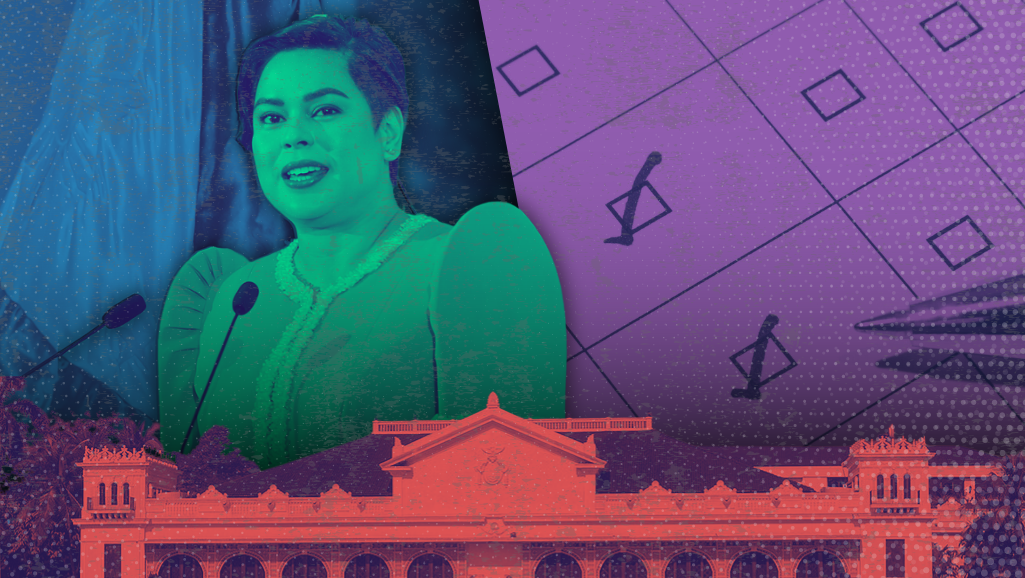
An official of the Catholic Bishops’ Conference of the Philippines (CBCP) said Filipinos should be conscious that the presidency is an entitlement that should not be given to someone simply because the candidate is popular but does not have the capacity to lead the country.
Fr. Jerome Secillano, executive secretary of the CBCP’s Permanent Committee on Public Affairs was reacting to the latest Oculum Research and Analytics survey where Vice President Sara Duterte has a commanding lead among possible candidates to the 2028 presidential elections.
Oculum’s first quarter survey showed the vice president obtained the support of 42% of the survey respondents, well ahead of Tulfo’s 17%. Former vice president Leni Robredo was the choice of 10% of respondents, ranking third. Tied for fourth to sixth places – given the margin of error of ± 2 percentage points – are former Manila mayor Isko Moreno, Sen. Imee Marcos, and former senator Manny Pacquiao. Sen. Robin Padilla ranked seventh with 2% support while House Speaker Ferdinand Martin Romualdez placed eighth with 0.4%.
“Sara has always been a frontrunner for president even before she decided to run as VP in 2022. It’s still too early, though, to crown her for the 2028 Presidential election,” Secillano said.
The Roman Catholic official also said that a lot will still happen between now and 2028.
“At this early though, Filipinos should disabuse their mind into thinking that the presidency is an entitlement that should be given to someone who is popular but doesn’t even have those requisite capacities in leading our country forward,” he said when asked why Sara Duterte enjoys high public support even though their family is known to support China in the West Philippine Sea dispute.
The same Oculum survey revealed that 43% of the 3,000 respondents believe the Philippines should align itself with the United States. Only 3% of respondents said they’d prefer the Philippines siding with China.
Secillano, who is also the parish priest and rector of EDSA Shrine said that while the Catholic Church in the Philippines has always been at the forefront of voters’ education and discussing issues prior to elections, the electorate has always been influenced by a lot of factors in making their own political decisions.
Without naming names, he said that some church leaders have even gone to the extreme of endorsing candidates to no avail.
“The Church, though, will continue to be [a] voice until people get the right message,” he said.
The 2024 first-quarter national survey was conducted from February 21 to 29, 2024 by Oculum Research and Analytics in partnership with APCoRE, a professional organization of academics and researchers, and Areopagus Communications Inc.
The commissioned presidential poll had 3,000 respondents nationwide, aged 18 years old and above. Respondents were interviewed face-to-face and were shown a showcard containing the names of the eight personalities mentioned above, plus an explicit option not to make any choice (“wala pang pasya”). 14% said they are still “undecided” on who to vote for.
The respondents were distributed as follows: 335 from the National Capital Region, 645 from Northern and Central Luzon, 690 from Southern Luzon, 615 from the Visayas and 715 Mindanao, ensuring representation. It has a margin of error of ± 2 percentage points and a high confidence level of 97%.
Oculum said its survey “presents a reliable and in-depth perspective of the current state of public opinion in the Philippines.” Rommel F. Lopez